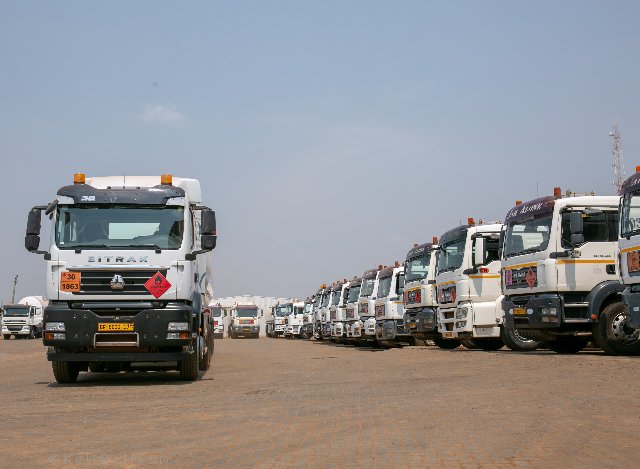
The Executive Secretary of the Bureau of Public Safety, Nana Yaw Akwada, has called for a broader stakeholder engagement to address the risks associated with transporting hazardous materials on Ghana’s roads. His remarks come in response to a proposal by the Director-General of the National Road Safety Authority (NRSA), Abraham Amaliba, who suggested implementing a daytime ban on transporting dangerous substances, such as LPG and dynamite.
Amaliba explained that moving these materials at night could significantly reduce the risk of accidents that threaten human life, property, and the environment. He argued that the reduced visibility and likelihood of human error during nighttime transport could lead to safer roadways.
While acknowledging the good intentions behind Amaliba’s suggestion, Nana Yaw Akwada, in an interview with Citi News on Friday, May 9, described the proposed ban as an unsustainable solution. He emphasized that the safe transportation of hazardous materials relies more on the establishment of robust protocols and effective oversight rather than merely restricting transport to specific times of day.
Akwada underscored the importance of involving various stakeholders, including transport companies, regulatory bodies, and safety experts, to develop comprehensive safety measures that address the root causes of transportation risks. He advocated for a collaborative approach that focuses on training, monitoring, and enforcement of safety standards to ensure the responsible handling of hazardous materials on the roads.
By engaging all relevant parties, Akwada believes that Ghana can create a safer environment for transporting hazardous substances while also protecting human life and the environment. His call for action highlights the need for a thorough examination of existing practices and the implementation of effective strategies to mitigate risks in the transportation sector.


